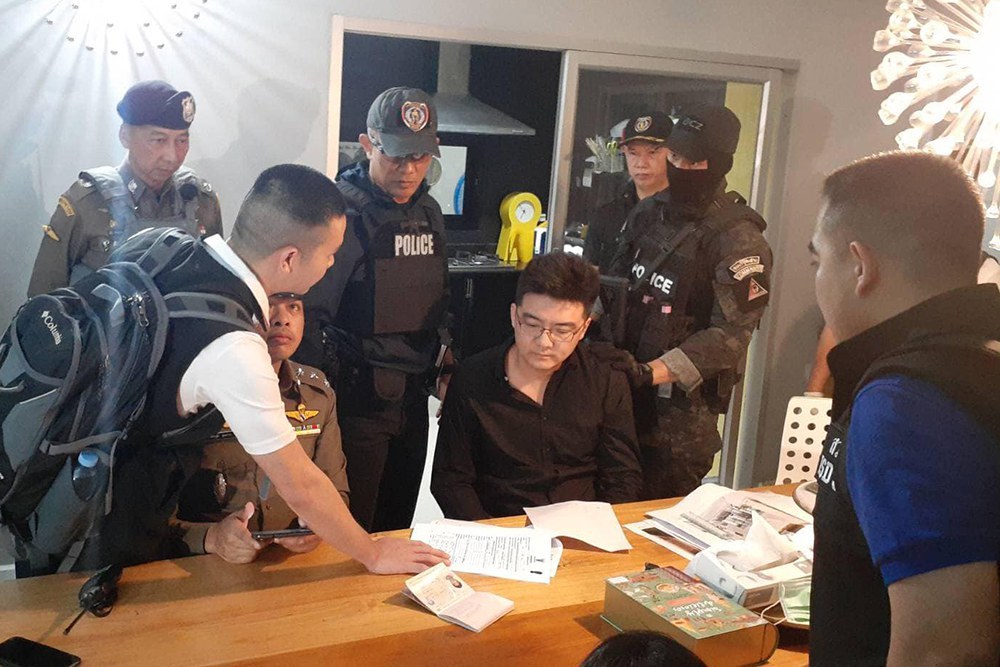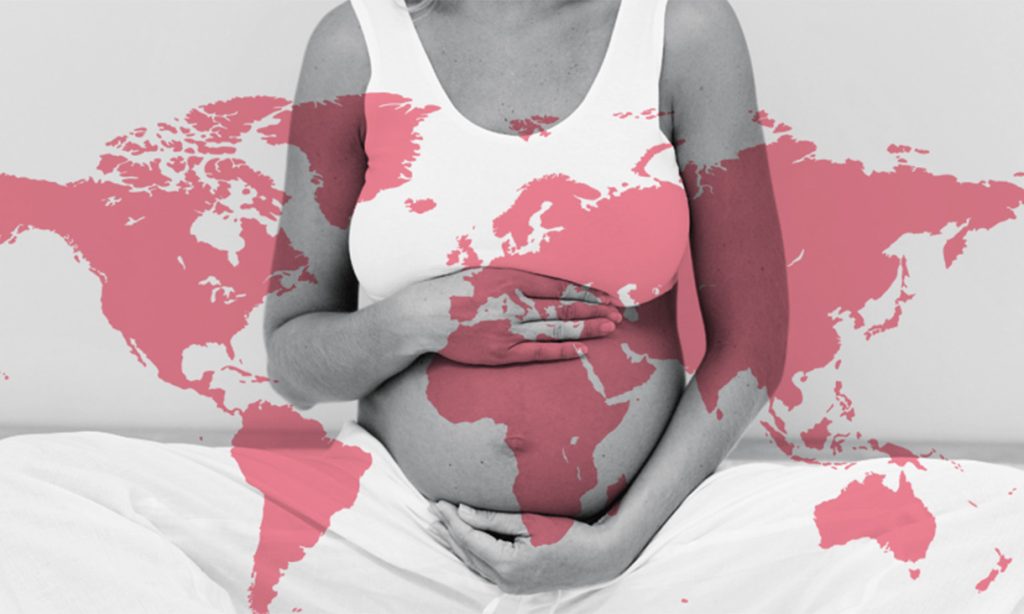A Chinese ringleader of a transnational commercial surrogacy network and his three Thai accomplices were sentenced to 50 years in prison each today by the Criminal Court after being found guilty of belonging to a transnational criminal organization and operating commercial surrogacy services in Thailand.
Seven additional collaborators, mostly Thai women, including the wife of Su Ying Tin, a Chinese banker, were each sentenced to four years in prison. They were released after being imprisoned on remand for more than four years during the investigation and trial.
According to public prosecutors, the group ran a commercial surrogacy service in Thailand between 2015 and 2020. Gang members were accused of enticing Thai women to become surrogates for Chinese spouses.
Initially, the court sentenced the financier, known as Ran Zhao, and his three Thai accomplices, “Thamnoon,” “Nopporn,” and “Nikhom,” to 150 years in prison each after they were found guilty of 55 crimes.
However, due to their confession, their sentences were lowered to 75 years each. Because Thai law limits prison terms to 50 years, their punishments were further reduced.
Surrogacy in Thailand has received a lot of attention in recent years. Despite its former prominence as a surrogacy destination, particularly among international intended parents, Thailand’s legal landscape has seen significant changes.
Commercial surrogacy for international intended parents became outlawed in Thailand in 2015. This legislative move has reshaped the country’s surrogacy practice, limiting it to Thai couples solely. The government is now closely monitoring and regulating surrogacy arrangements within its borders.
Although Thailand’s stance on commercial surrogacy for foreign spouses has altered, talks are underway to legalize surrogacy for international couples. This initiative has the potential to usher in a new era in Thailand’s surrogacy industry.
Thailand’s surrogacy policy prohibits commercial surrogacy, which involves paying surrogates more than their fair expenditures. This regulation attempts to protect women engaging in surrogacy from exploitative activities while also protecting their dignity. Non-commercial surrogacy is important in Thailand’s surrogacy industry since it emphasizes the arrangement’s altruistic nature.
While non-commercial surrogacy allows intended parents to realize their dream of having a child, it also raises ethical concerns.
The emerging legislative framework for non-commercial surrogacy in Thailand seeks to find a balance between facilitating surrogacy agreements and guaranteeing the safety of all individuals involved. This technique demonstrates Thailand’s commitment to maintaining ethical standards in assisted reproduction.
Thailand Looks to Amend Surrogacy Law to Allow Foreign Couples
Thailand Looks to Amend Surrogacy Law to Allow Foreign Couples








